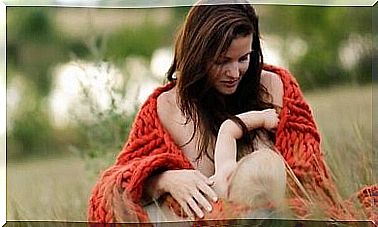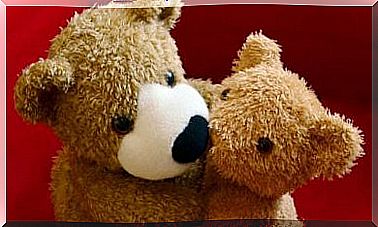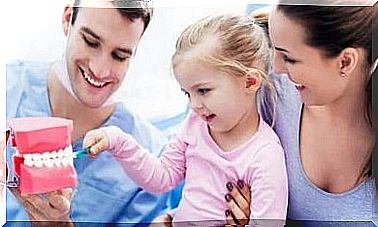What Is Children’s Pedagogy?
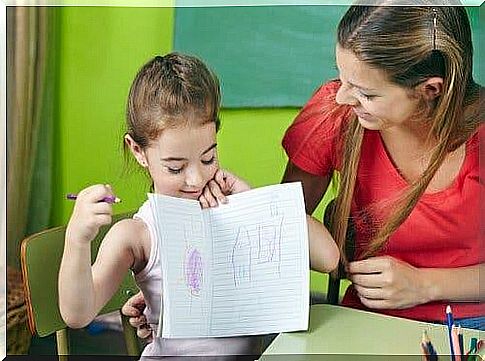
Children’s pedagogy is a type of pedagogy, or rather a specific branch of study of pedagogy as a main discipline.
Therefore, to understand it better, it is necessary to know what pedagogy is as a science, as well as what early childhood education is and what is its specific object of study.
the pedagogy
Pedagogy as a discipline or as a science has as its object of study the educational phenomenon and teaching, including all its complexity. It is considered an applied science of a psychosocial nature.
Thus, pedagogy intends to analyse, organize and improve the education and training of people, according to certain objectives.
These purposes must be in accordance with the criteria that a society establishes about how its individuals must behave.
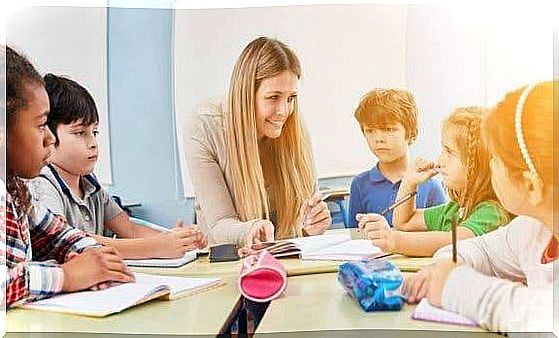
With the help of other sciences such as philosophy, sociology or psychology, pedagogy studies education as a complex phenomenon. Therefore, it must be approached from a multidisciplinary perspective.
Indeed, pedagogy is materialized in the planning, execution and evaluation of methodologies and techniques that facilitate the teaching and learning processes.
What is children’s pedagogy?
As the name indicates, childhood pedagogy is considered a discipline whose object of study is children, more specifically children in early childhood. That is, it studies the first years of people’s lives.
This branch of study or this type of specific pedagogy analyzes the processes of maturation, development and growth of children. Therefore, it focuses on skills acquired in the first phase of life. These are the essential foundations for the future vital development of the little ones.
Furthermore, children’s pedagogy takes into account the relationship between the maturation processes. This process has different perspectives that determine it, such as social, environmental, economic, among others, according to specific contexts.
Therefore, a child pedagogy professional is responsible for creating, organizing, executing and evaluating didactic strategies, methods and resources that allow children to acquire new skills according to their stages of development.
The objective is to plan teaching situations that encourage and enable the development of children. This development is understood in a broad sense, considering various aspects such as physical, biological, psychological, cognitive, social and emotional.
Characteristics of children’s pedagogy
In short, we could say that the main characteristics of children’s pedagogy and the actions developed by a professional in this discipline are:
- Understand the educational needs of individual children, as well as the contexts of the environment in which they develop.
- Respond to the educational needs of children according to their evolutionary moments and stages.
- Favor the formation of autonomous children with critical thinking.
Collaborate with family and educational centers. - Design, coordinate, execute and evaluate training programs. These can take place both in schools and in other areas such as companies, NGOs, associations, etc.
- Develop and analyze educational policies that have a greater reach such as subsidies, research and training for the stage of early childhood education.
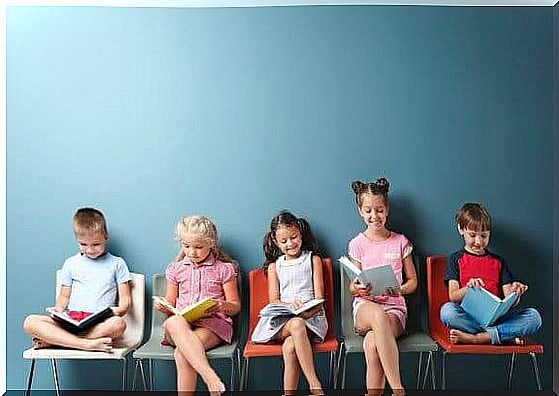
Play, the main methodological tool of children’s pedagogy
Play has a fundamental role in the integral development of children. Therefore, children’s pedagogy also uses it for educational purposes. That’s because playing facilitates learning, making it more enjoyable and fun.
Thus, play becomes an educational resource par excellence in the field of children’s pedagogy. Playing allows to develop the object of study of the discipline, which is precisely the learning of children of infant age.
Through it, the professional manages to achieve his objective, which is none other than to promote, through learning, a correct physical-motor, intellectual, creative, emotional, social and cultural development of the little ones.




